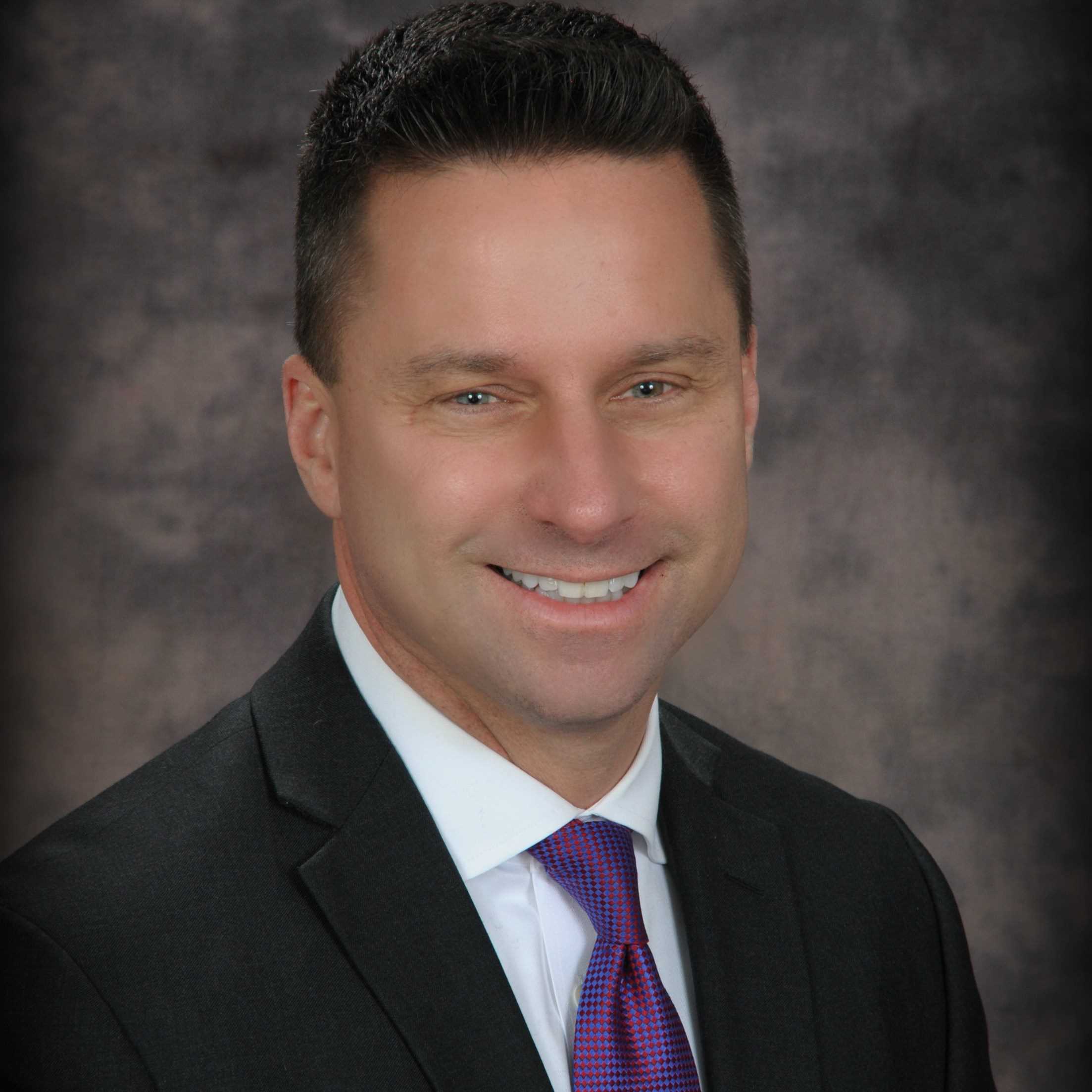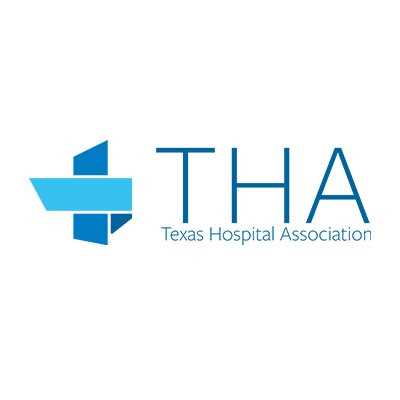Brian Uridge, MPA , CPP, CHPA, CTM
- Deputy Director DPSS and Michigan Medicine Security Director
Travels From
Michigan
Brian Uridge Speaker Biography
Brian Uridge, MPA , CPP, CHPA, CTM is currently the Michigan Medicine Security Director at the University of Michigan Health System. He manages over 200 security personnel throughout the health system which has over 28,000 employees and over 1000 licensed Beds. He was also the Director of Security Services for Spectrum Health Delivery System in Grand Rapids, Michigan, for the past three years. At Spectrum, Director Uridge led more than 120 safety, security and security police officers, providing security for approximately 27,000 employees system-wide at over 120 locations.
While at Spectrum, Director Uridge and his team implemented the first-ever Community Policing/Security program, Security/Pet-Therapy K-9 program, firearms, and Taser programs. In addition, over the past 15 years, Brian has developed and presented multiple Workplace Safety training seminars. These trainings include Community Based Clinical Healthcare Security programs, Situational Awareness, clinical and in-home health care tactical response modules.
Director Uridge was a member of the Kalamazoo Department of Public Safety in Kalamazoo, Michigan for more than 23 years. Kalamazoo Public Safety is the largest fully integrated Police, Fire, and EMS agencies in the United States, with more than 200 sworn personnel. During his career, Brian worked in every division within the agency and held every rank as a command officer. He also served as a member of the Special Weapons and Tactics Team (SWAT) for 18 years, serving 6 years as the SWAT Commander. Brian served as the Assistant Chief for the final 4 years of his career, retiring in August 2013. He is the recipient of numerous awards including the Kalamazoo Public Safety Medal of Valor in 1997 and Kalamazoo Public Safety Lifesaving award in 2013.
Brian holds a Bachelor’s degree in Criminal Justice and a Master’s degree in Public Administration. He is a graduate of the FBI National Academy, along with being a Board Certified Protection Professional (CPP), Board Certified Healthcare Protection Administrator, (CHPA) and Board Certified Threat Manager (CTM).
For more information on Brian Uridge, contact Executive Speakers Bureau at 901-754-9404.
Safety, Security, and Emergency Management within the healthcare community, amid a Pandemic.
Description:
During these uncertain times, security and emergency management officials are being tasked with countless duties to mitigate risk. It is not enough that we keep people safe; we must take on the added role of ensuring people feel safe and focus on reducing anxiety. Pandemics place unexpected burdens on health care professionals, infrastructures, employers, and medical resources. It is crucial to anticipate the stresses associated with this work and put in place supports for health care workers. Preparing and responding to a pandemic involves communication, training, coordination of scare resources, innovative violence reduction strategies, long term planning, and in the moment, decision making.
This presentation is designed to provide tools and resources to educate clinical leaders, emergency managers, executives, agency trainers, human resources, and security officials based on lessons learned during the pandemic response in a large healthcare setting.
- Understanding actual workplace violence statistics and prevention in healthcare. Identification of actual workplace violence warning signs focusing on pre-incident indicators.
- How to create workplace violence scenario-based training designed for the healthcare environment. De-escalation and Conflict Resolution training techniques. Employee Awareness training development.
- Development and implementation of CPTED (Crime Prevention through Environmental Design) techniques, panic alarms, ID keys, passcodes, and cameras.
- Fostering a culture of safety through the development of trust, transparency, and training.
- Safe termination of employees using proper room set up, communication and security procedures
- Understanding, Active Shooter vs. Targeted Violence, Intimacy Effect, Spillover Effect. Predatory Incidents vs. Impulsive/reactive incidents. How to create upstanders from bystanders to help prevent violence.
Creating a Safer School Environment through Prevention, Intervention, and Response
Objectives:
Understanding school violence statistics, myths, prevention methods and best practice models. Topics such as Active Shooter vs. Targeted Violence, Intimacy Effect, Spillover Effect, Predatory Incidents vs. Impulsive/Reactive Incidents, and How to create Upstanders from Bystanders to help Prevent Violence.
How to develop a community culture that involves the four pillars surrounding school violence prevention: Educators, Community, Family, and Law Enforcement.
How to implement community policing-based school security models focused on trust, transparency, and training. These include engaging stakeholders using nontraditional methods, applying CPTED principles and changing traditional incentive models to reshape how a community approaches school safety and security.
Achieving a Culture of Zero Violence: Leadership Strategies to Improve Healthcare Safety and Security Programs
Violence is one of the largest occupational hazards facing healthcare workers today. According to the U.S. Bureau of Labor Statistics, between 2011 and 2013, just over 70 percent of all workplace assaults occurred in healthcare or social service settings. Violence reduction programs should be focused on developing a system-wide approach that recognizes every health care system is a community, with every floor being a unique neighborhood, each with different dynamics. Building trust, transparency and training along with implementing a system-wide strategy focused on reducing risk and anxiety through exceptional experience based nontraditional contacts, staff training, professionalism and critical incident response, forms the basis from which a strong security program is built.
- How to implement community policing-based security models focused on trust, transparency, and training. These include engaging stakeholders using nontraditional methods, applying CPTED principles and changing traditional incentive models to reshape how security officers approach security.
- How to effectively implement security strategies such as firearms programs, Taser Programs, and Security K-9 Programs. Topics such as policy development, selection, and training along with clinical engagement prior to implementation.
- How to create law enforcement-based training scenarios designed for the healthcare environment clinical environment. Role-playing, simulation, use of proper venues, training safety, along with effective use of force simulators will all be covered.

























March 6, 2020